
OR
#India's Agnipath Scheme
Tripartite Agreement on Gurkha Recruitment has lost relevance
Published On: September 6, 2022 06:00 AM NPT By: Rajaram Bartaula
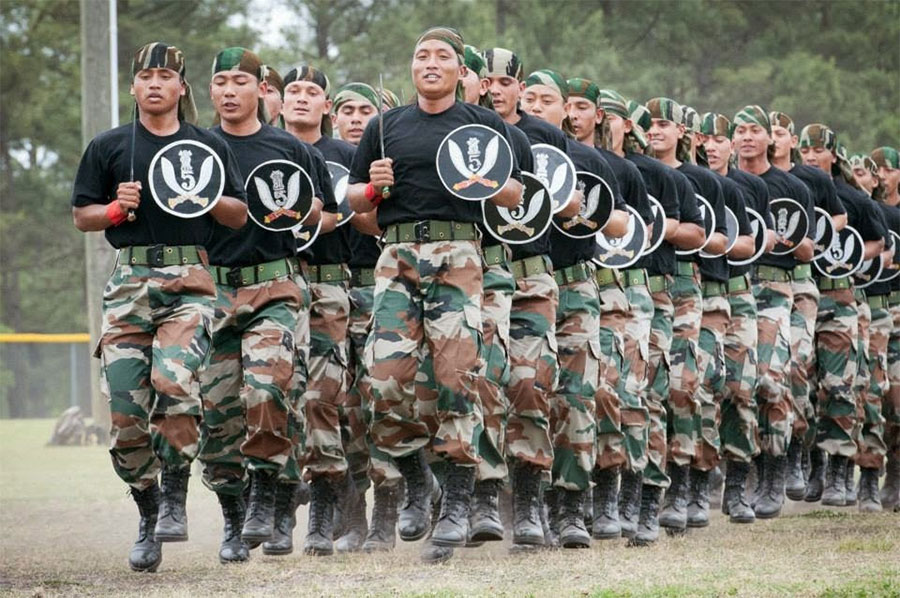
From a diplomatic perspective, maintaining warm and friendly relations between the neighbors may be one dimension and the monetary benefits the Agneepath Scheme brings along with it another, but accepting Agnipath has more disadvantages for Nepal and Nepalis.
With the introduction of a new defense policy called “Agnipath Scheme” by India for all its new military intakes, the relevance of the Nepal-India-Britain Tripartite Agreement of 1947 AD with regard to the recruitment of Gurkha soldiers in their respective militaries has become redundant since the terms and condition of the agreement are not in sync with the original agreement. With the introduction of the Agnipath Scheme, the past historical legacy of Nepal and British India in the defense sector will cease forever.
According to the Tripartite Agreement, Nepali soldiers serving in the Indian and British armies are entitled to serving full tenure, pay, rations, uniform, allowances, pensions, promotions, leave, welfare, education, religious and cultural observances and the right to wear a Khukuri. The implementation of the Agnipath Scheme means Nepalis joining the Indian Gorkha force will be deprived of all these entitlements.
But principally speaking, Agnipath is an Indian scheme applicable to Indian nationals not to the Nepali citizens, since the Tripartite Agreement stipulates that the Gurkha soldiers must be recruitment as a Nepali citizen, must serve as a Nepali citizen, and must be resettled as a Nepali citizen. Any forceful recruitment otherwise will antagonize the Nepalis, since the opposition political parties, mainly the left-leaning ones, are trying to mount pressure on the government to disown and discard the Tripartite Agreement. The recruitment of Nepalis according to Agnipath also attracts the national treatment clause of the 1950 Treaty of Friendship between Nepal and India.
As per the terms and condition of the Agnipath Scheme, the enrolment takes place with a bilateral agreement between the recruiter and the individuals under the respective service Act for a service duration of four years including training period. The recruitment of Nepalis under the Agnipath Scheme, even if it is done with their consent, violates the tripartite agreement.
The present policy of the Government of India and the military service act provide for a composite annual package of 4.76 lakhs (IC) with Service Nidhi of 30 percent of monthly emoluments to be contributed by individuals with equal amount matched and contributed by the government. After completing four years, they will be paid approximately 11.71 lakhs (IC) each. In case of death, there will be a non-contributory life insurance cover of IC Rs 48 lakh, with additional ex-gratia of IC 44 lakhs for death attributable to service. Disability compensation will be based on disability percentage confirmed by the medical agencies with one time ex-gratia of IC RS 44/25/15 lakhs for 100, 75 and 50 percent of disability.
Having grievances and complaints against discriminatory provisions in the agreement, and in practice, ex-Gurkha soldiers have already lodged complaints against the UK government, pressing for review and reform in the existing provision of the agreement. The Government of Nepal, consciously, prudently and practically taking into the consideration of the demands from ex-Gurkhas, has officially proposed the British government for a review on the military deal.
If one party of the Tripartite Agreement deviates from the agreement or dishonors or withdraws from the treaty obligation, the second and third party need to rethink for reviewing it by the parties concerned and consider seriously for its continuation with equal importance.
Since the recruitment takes place at the prime age of 18-21 years of the candidates, the process obstructs the candidates from pursuing their higher studies such that they can hardly complete their studies and obtain a higher degree. After taking up the job for four years and its termination at the end will receive monetary benefit in a package as agreed but abstaining four years from attending educational courses misses the chances of completing formal education with essential degrees, which would minimize employment chances once they come out from the active military service.
The money they bring with them after the completion of four year military service will probably be spent for social causes either or meet the social obligation of immediate need as in the case of other remittance earning individuals. The money, most probably, will vapor out without any meaningful gain or investment in the productive sector. This will put unnecessary mental pressure on the candidate at an early age which may aggravate agony and run into frustration. The chances of the frustrated youths to be used by unscrupulous agents or fall into the trap of the unwanted anti national elements become higher.
From a diplomatic perspective, maintaining warm and friendly relations between the neighbors may be one dimension and the monetary benefits the Agnipath Scheme brings along with it another, but accepting Agnipath has more disadvantages for Nepal and Nepalis.
In this background, rather than accepting the scheme or going against it outright, it would be better to wait and appraise the situation conscientiously without any commitment from the Nepal government since the Agnipath scheme is also being condemned in India itself. Let the recruitment course take its course similar to allowing citizens for foreign employment. This step will create pressure on the United Kingdom to review the Tripartite Agreement as well.
You May Like This
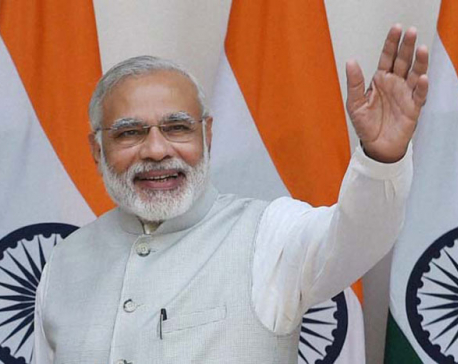
Nepal good friend of India: Deuba, India ready to support Nepal's development: Modi
NEW DELHI, Aug 24: Prime Minister Sher Bahadur Deuba, who is currently on a five-day state visit of India, said... Read More...

Government steps back from decision to examine veggies, fruits from India
KATHMANDU, July 5: The government has stepped back from the decision to examine the vegetables and fruits that are imported... Read More...
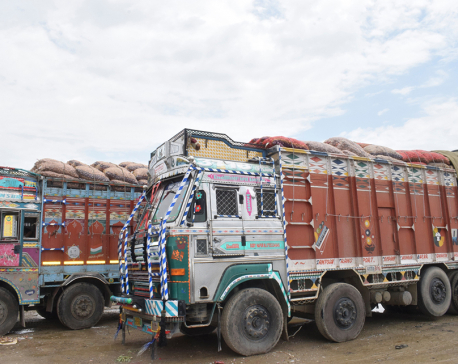
Fruits, vegetables from India stopped at customs, requiring pesticide clearance
BHAIRAHAWA, June 24: Following the government's decision that fruits and vegetables will be allowed entry into the country only after verifying... Read More...



Just In
- APF seizes 152 sacks of onions and 32 units of mobile phones from Dhansuha
- 80 civil servants left in the lurch as MoFAGA places them in reserve pool
- Weather Alert: Storm likely in Lumbini and Sudurpaschim
- NOC investing Rs 3 billion to construct fuel storage plants of over 9,000 kl capacities in Bhairahawa
- Reflecting on a festive journey filled with memories and growth
- Dalit sexual and gender minorities lack representation within their own communities and groups
- Nagdhunga-Sisnekhola tunnel breakthrough: Beginning of a new era in Nepal’s development endeavors
- Altitude sickness deaths increasing in Mustang







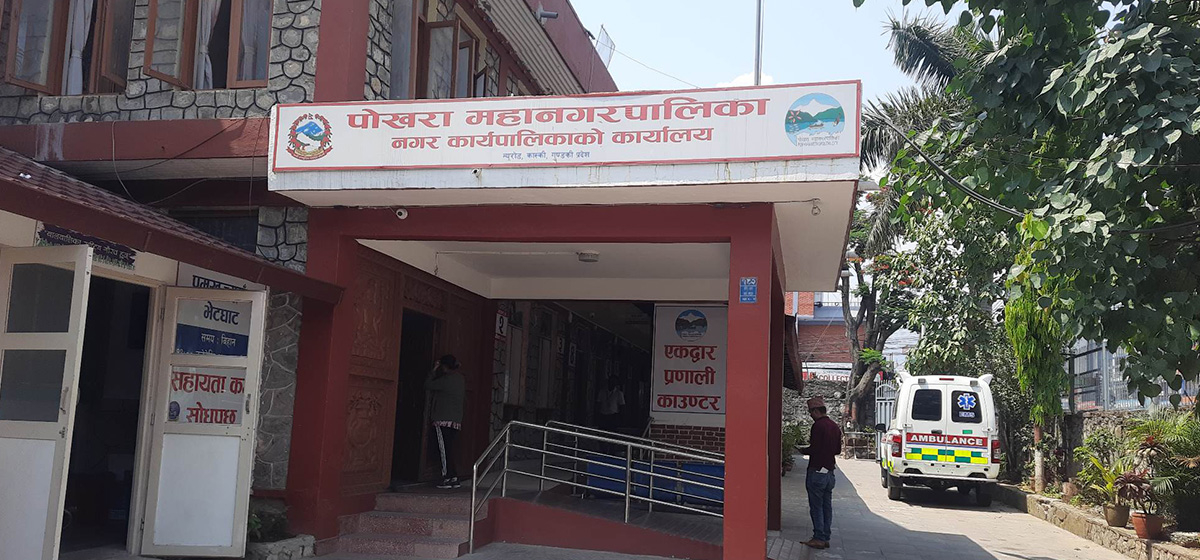
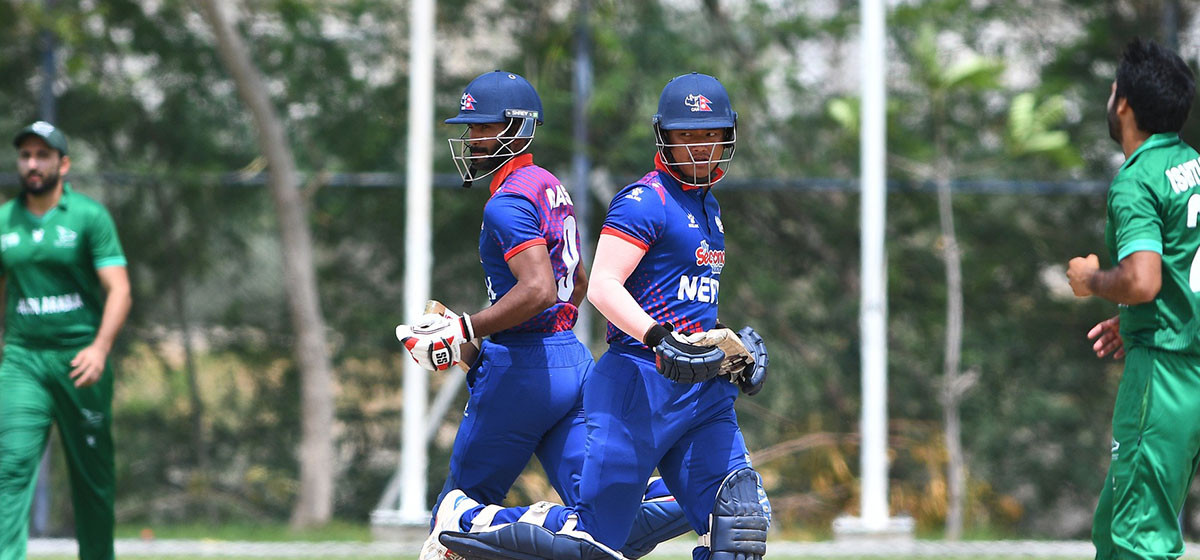

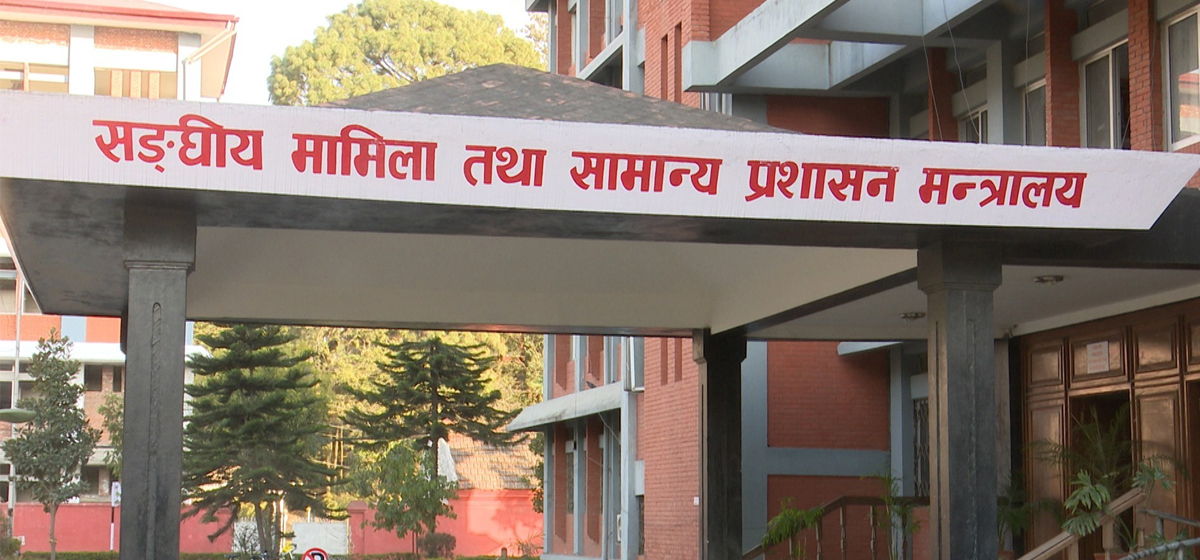



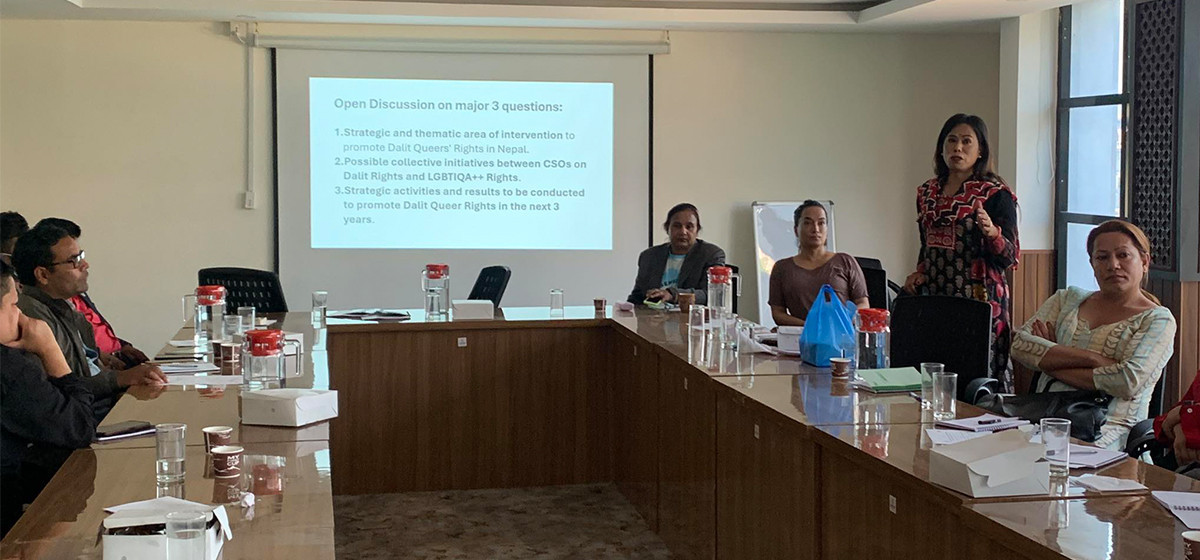

Leave A Comment